Education has always been a cornerstone of Indian society, with a deep-rooted historical and cultural significance. However, for centuries, access to education was predominantly a male privilege, with women being systematically excluded. Despite these barriers, several pioneering women in India took it upon themselves to challenge the status quo and revolutionise the education system. This Teacher’s Day, let’s celebrate the remarkable contributions of these women, whose efforts not only transformed the educational landscape but also paved the way for future generations of girls and women to seek knowledge and empowerment.
Pioneering Educators
Savitribai Phule:
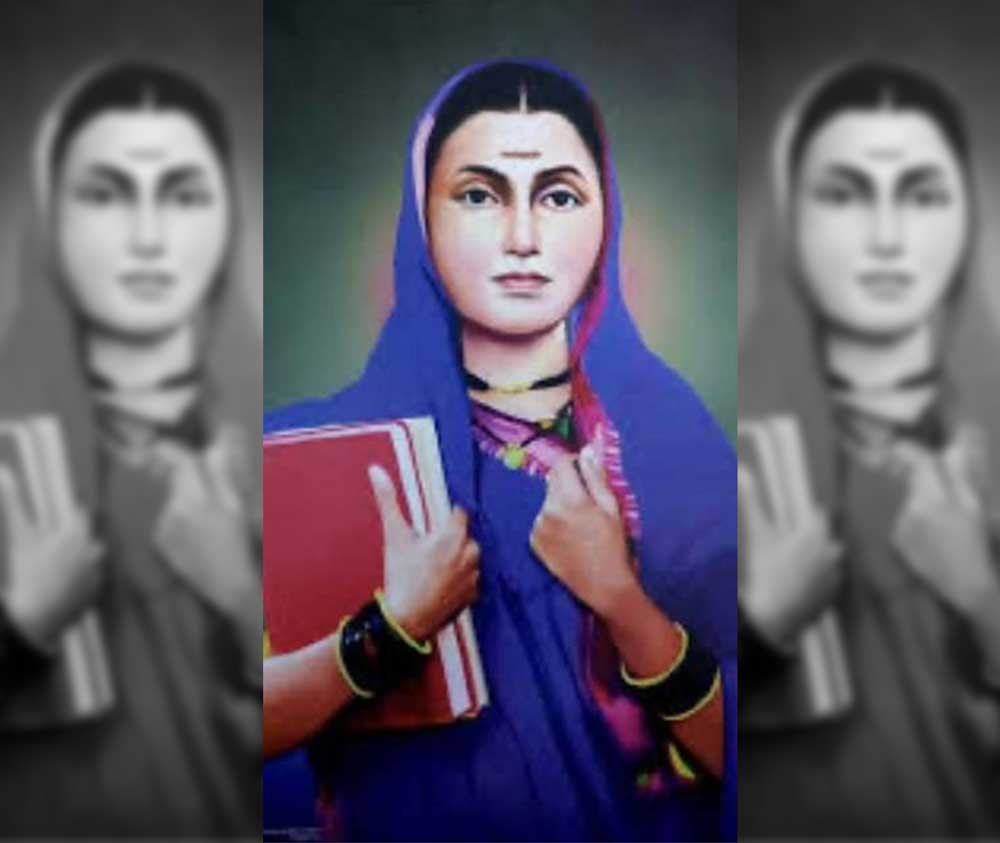
Image Source: Amazonaws.com
Savitribai Phule, often referred to as India's first female teacher, was a trailblazer in women's education. Along with her husband, Jyotirao Phule, she established the first school for girls in Pune in 1848, defying the rigid norms of a patriarchal society. Savitribai faced immense opposition and societal backlash, but her commitment to educating women and marginalised communities never wavered. Her efforts laid the foundation for women's education in India and inspired countless others to follow in her footsteps.
Begum Zafar Ali:
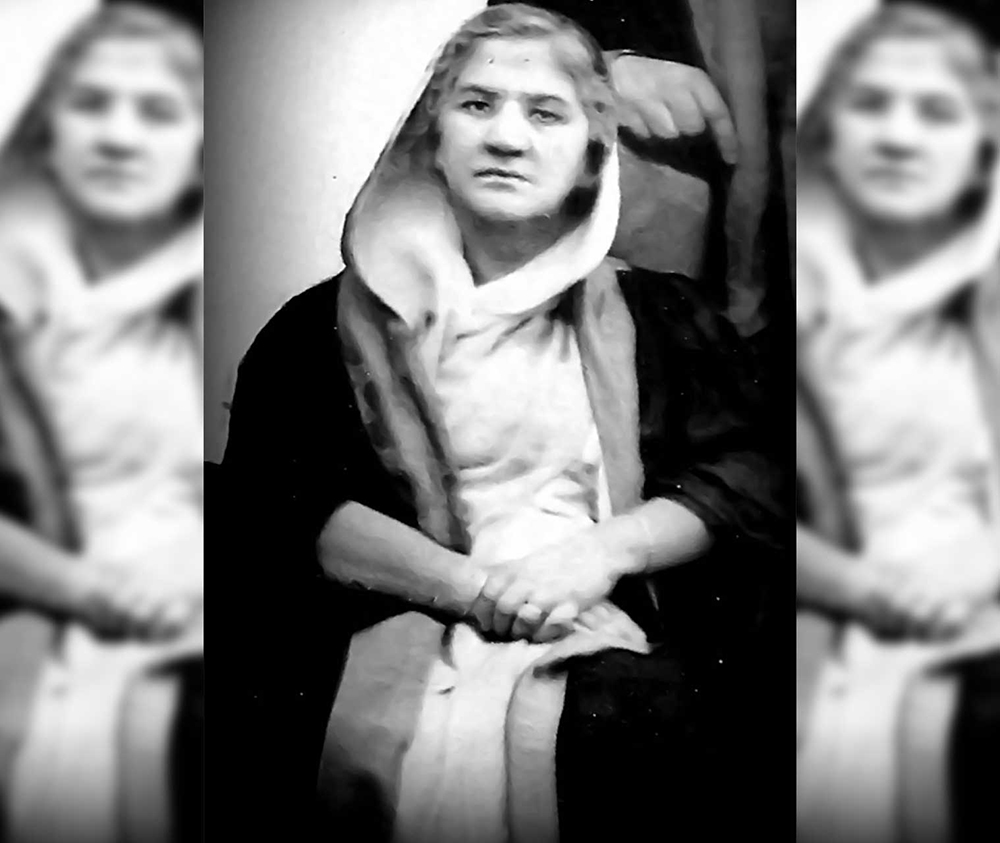
Image Source: kashmirlife.net
Begum Zafar Ali was revolutionary in the field of education, particularly for women in Jammu and Kashmir. She became the first woman in Kashmir to graduate and soon dedicated her life to advancing women's education in the region. As an educator and social reformer, she played a crucial role in advocating for the rights of women to receive an education, challenging societal norms that often restricted women's access to learning.
Ali was appointed the first female school inspector in Kashmir, a position through which she significantly influenced the educational landscape. Her efforts laid the foundation for future generations of women to gain education and independence, making her a key figure in the history of women's education in India.
Vimla Kaul
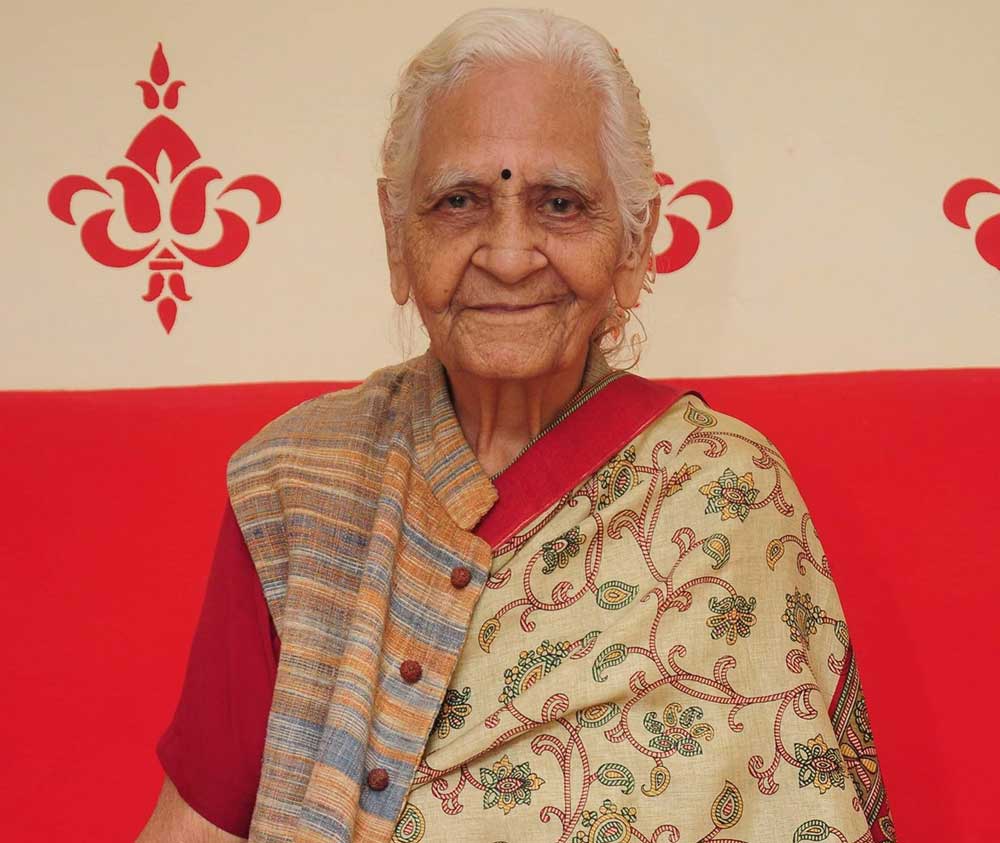
Image Source: girls.buzz
Vimla Kaul is an inspiring figure in Indian education, known for her unwavering dedication to teaching even well into her 80s. After retiring from a successful career as a schoolteacher, Kaul decided to continue her passion for education by founding the NGO 'Deepalaya,' where she focused on teaching underprivileged children in the village of Madanpur Khadar, Delhi.
Her work has had a transformative impact on the community, empowering countless children to pursue their dreams through education. Despite facing numerous challenges, including limited resources and societal indifference, Kaul’s determination and commitment have made her a beacon of hope and inspiration in the field of education. Her story exemplifies the power of education to change lives and serves as a reminder that the true spirit of teaching knows no age.
Durgabai Deshmukh
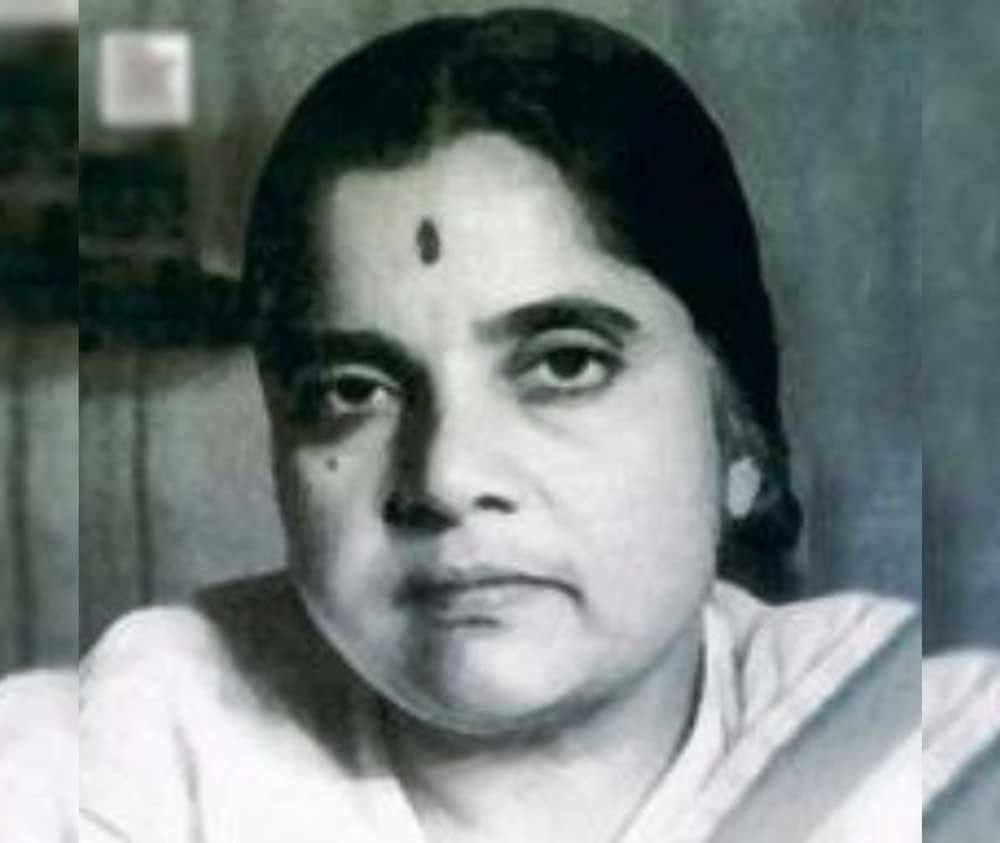
Image Source: constitutionofindia.net
Durgabai Deshmukh was a prominent Indian freedom fighter, social reformer, and educator who played a crucial role in shaping the nation's educational and social landscape. Born in 1909, she was an ardent advocate for women's education and empowerment. Durgabai founded the Andhra Mahila Sabha in 1937, which grew into a significant educational institution dedicated to uplifting women and providing them with access to education and healthcare. Durgabai Deshmukh's legacy is that of a tireless advocate for education and social justice, and her work has left an indelible mark on India's progress towards equality and empowerment for all.
Chandraprabha Saikiani
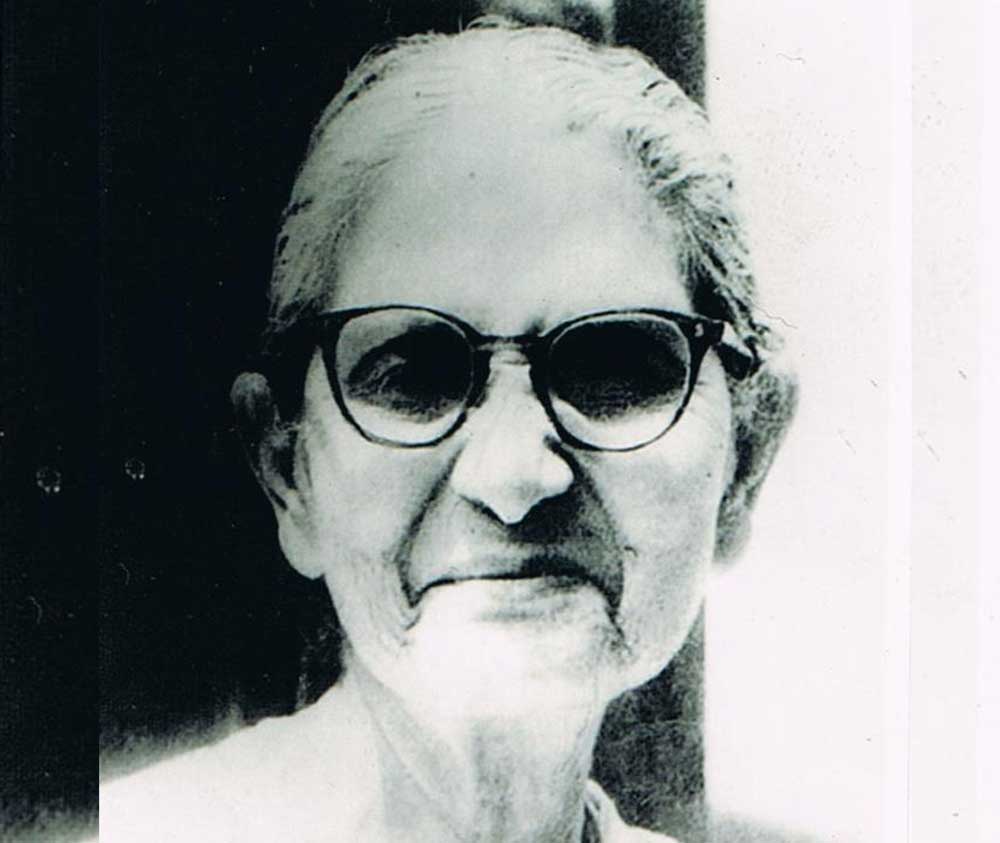
Image Source: assamtimes.org
Chandraprabha Saikiani was a pioneering social reformer, freedom fighter, and educator from Assam, India. Born in 1901, she dedicated her life to the upliftment of women and marginalised communities, advocating for their rights and access to education. Saikiani was instrumental in breaking down societal barriers that restricted women's education, leading by example as one of the first women in Assam to pursue formal education.
She founded the Assam Pradeshik Mahila Samiti in 1926, which played a crucial role in promoting women's education and social welfare across the region. Chandraprabha Saikiani's legacy is celebrated as a symbol of courage, resilience, and an unwavering commitment to social justice and education for all.
Impact on Modern Education
The contributions of these women continue to resonate in contemporary Indian education. Savitribai Phule’s efforts laid the groundwork for the government’s focus on promoting girls’ education, which remains a crucial part of educational policy in India. Durgabai Deshmukh’s efforts as a member of the Constituent Assembly of India led to the establishment of various educational programs and social reforms that continue to benefit marginalised communities in India.
Moreover, all these women played a pivotal role in promoting gender equality in education, ensuring that the doors of learning were open to all, regardless of gender or social standing. Their efforts have had a lasting impact, inspiring ongoing initiatives to bridge the gender gap in education.
Legacy
The legacy of these iconic female educators is profound and enduring. They were pioneers who broke societal norms, challenged discriminatory practices, and fought for the right of every individual to receive an education. Their contributions continue to inspire and guide efforts to empower women and marginalised communities through education in India.
As we celebrate their achievements, it is also a call to action. We must continue their mission by advocating for equal access to quality education for all, nurturing future generations, and ensuring that the legacy of these remarkable women lives on.